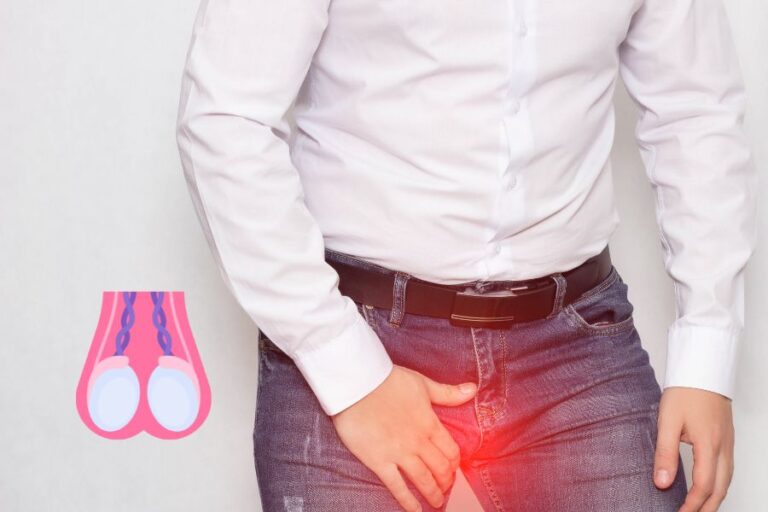- Phone: +91 94800 58379
- Mon-Sun 24/7
- contact.sanyrahospital@gmail.com


Varicocele

Varicocele, commonly referred to as Varicoceles or Scrotal Vein Enlargement Syndrome (SVES), affects male reproductive health by swelling veins in their testicles which enlarge, often without discomfort or fertility issues for most men; we’ll examine its causes, symptoms, and treatments options here in this article.
Varicoceles typically form when valves in the veins supplying blood to testicles fail to function as they should, leading to backflow of blood into veins that pool and become varicose veins. Unfortunately, exact causes for such valve malfunction are rarely clear-cut, but some factors that contribute may include:
Varicoceles often do not produce noticeable symptoms and may only be discovered through routine physical exams or fertility evaluation. When symptoms do surface, however, they could include:
Varicoceles can cause discomfort and fertility issues that require intervention; both surgical and non-invasive options exist as possible solutions:
Unfortunately, there’s no proven method for avoiding varicoceles if they’re caused mainly by genetic influences; however, taking measures such as maintaining good overall health, limiting strain during bowel movements, and practicing safe lifting techniques may reduce their likelihood.
Varicoceles, or male reproductive tract disorders, are an increasingly prevalent affliction affecting male sperm. While they often do not cause noticeable symptoms, in rare instances, they can result in discomfort, pain, or fertility issues that affect fertility rates. If you suspect having or experiencing symptoms related to varicoceles, it’s essential that, if possible, consult a healthcare professional who will make an accurate diagnosis as soon as possible and recommend appropriate solutions based on your situation.

We are happy to assist you! Fill the form we will contact you soon!
Sanyra Hospital is a leading Multi-Speciality Hospital in Kengeri Bangalore and diagnostic centre. With a commitment to providing high-quality healthcare services, it offers a wide range of medical specialties and advanced diagnostic facilities to meet the diverse healthcare needs of the community. We have dedicated urology center & dialysis center.
© 2023, Sanyra Hospital. All Rights Reserved.
WhatsApp us